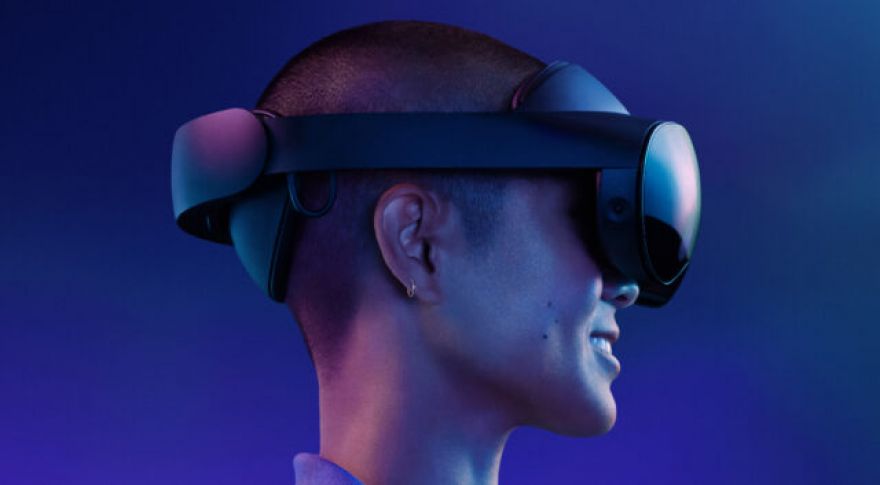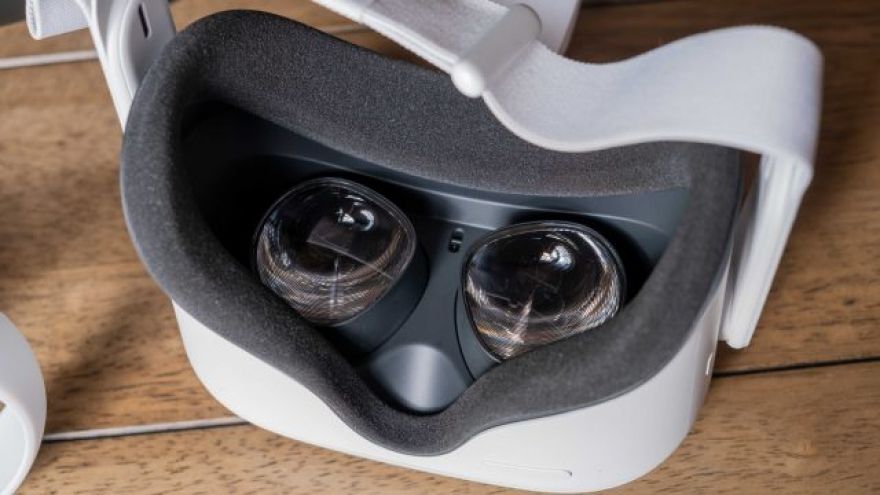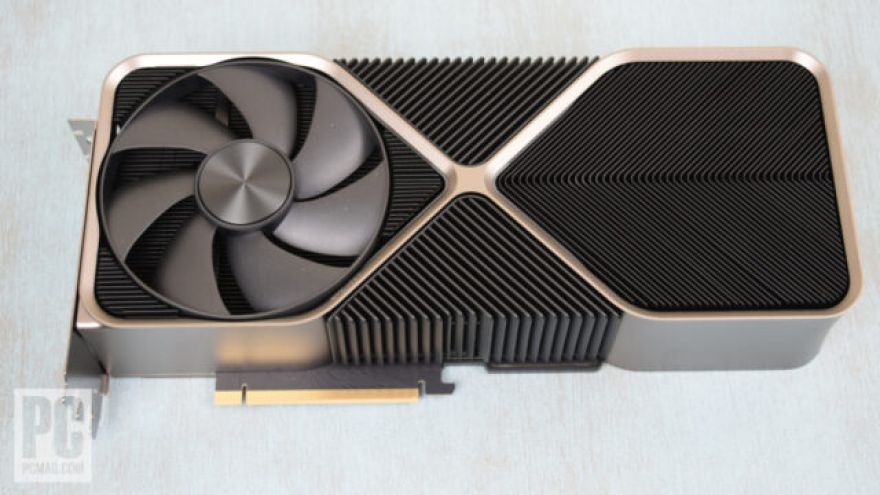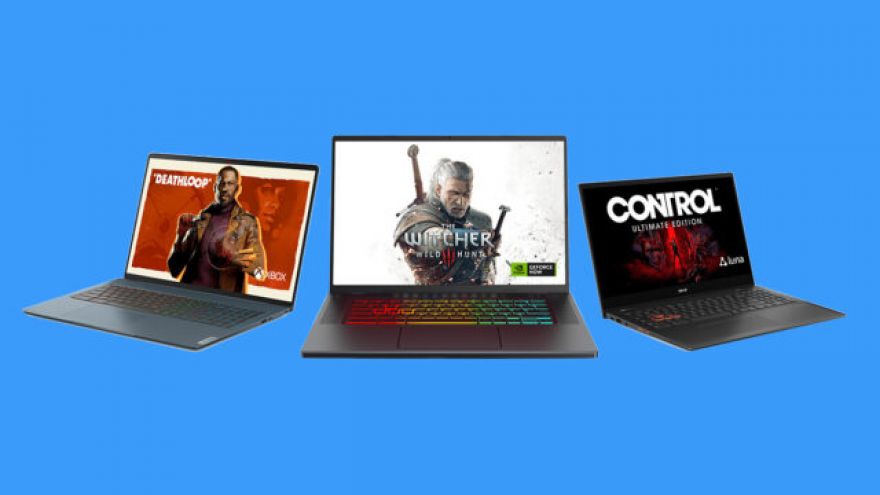
NASA has announced preliminary results from the Double Asteroid Redirection Test (DART) mission, which successfully . Now, the mission is successful in more ways than one — NASA would have been happy with altering the space rock’s orbit by a few seconds, but DART beat that standard by a factor of 25. This marks the first time humanity has altered the course of a celestial object, even if it was a rather small one. Dimorphos is about 170 meters in diameter, but it orbits a larger asteroid known as Didymos. This binary system made for a perfect test of planetary defense technology as any change in Dimorphos’ orbit would be easily discernible.

(Photo: Ademortuus/Wikimedia Commons)Scientists in California have successfully transplanted human brain cells into 3-day-old rats in an effort to study how the brain experiences various neurological conditions. Stanford University neurologist Sergiu Pasca led a team of bioengineers, neurosurgeons, and psychiatrists through the groundbreaking effort. The team had previously studied the creation of brain “organoids,” or small, lab-grown balls of tissue trained to produce specific types of cells. Rather than using brain tissue from a human body, the scientists were able to create “minibrains,” or organoids that imitate the human brain. These have the potential to help scientists examine the development of conditions like schizophrenia and autism as the brain and body age.

(Photo: Traxer/Unsplash)At the start of its annual Cloud Next conference on Tuesday, Google announced that it would begin allowing select customers to pay for cloud services using cryptocurrency in 2023. Google will facilitate this update through a partnership with Coinbase, a cryptocurrency exchange platform. As part of the deal, Coinbase will use Google Cloud’s computing power to process blockchain records at scale. Coinbase will also leverage Google’s machine-learning capabilities to provide customers with key insights regarding crypto trends. Over time, the platform will gradually transition its data from Amazon Web Services to Google Cloud after several years of using the former.

(Image: IGDB)Activision Blizzard is implementing a strange new authentication strategy on two of its biggest games: It’s requiring a phone number just to play. Worse, numbers associated with prepaid phones and Voice over Internet Protocol (VoIP) aren’t allowed. Activision kicked this off last week with Overwatch 2, which was released for early access on October 4. The developer announced that all players would be required to enter their phone numbers on Battle.net if they wanted to access the game. According to Activision, the phone number requirement was the latest in a series of attempts to curb in-game harassment and abuse.

(Photo: Max Fleischmann/Unsplash)Police have begun to use the DNA left behind at crime scenes to create 3D approximations of suspects’ appearances—without having actually seen the suspects before. A Canadian law enforcement agency recently announced that it had used genetic evidence from a sexual assault to generate an image of what the assailant might have looked like. Despite the agency’s assumption that the public would find this laudable and reassuring, not everyone is pleased. The Edmonton Police Service in Alberta created its now-infamous rendering with a tool called Snapshot, which is sold by Parabon NanoLabs, a Virginia-based company that specializes in DNA analysis services for law enforcement.

Almost a year after , the device has been fully unveiled as the Meta Quest Pro. Unlike the Quest 2, the new headset is intended for work rather than gaming, with advanced hardware for tracking facial expressions and full-color video passthrough. You’ll pay for all those advanced features, though. The Quest Pro retails for a staggering $1,500, and you can place an order right now. The Meta Quest Pro appears unchanged from when . Whereas the Quest 2 has all the hardware on the front, the Quest Pro is more well-balanced. The battery is in the rear strap, and the front uses thinner pancake lenses.

We are now about a year out from , and the company’s new obsession with the metaverse is beginning to come into focus. In the face of declining Facebook revenue, Meta is throwing billions of dollars at the metaverse, which it has to . A new report says CEO Mark Zuckerberg also pushed employees to have their meetings in Horizon Worlds using headsets they didn’t even have. This was reportedly one of many directives coming down from the top of Meta aimed at increasing the use of the company’s VR products. Workers reportedly call these projects “make Mark happy” or MMH because of Zuckerberg’s conviction that the metaverse is the future of the internet.

(Photo: PCMag/Michael Justin Allen Sexton)The day we’ve all been waiting for has finally arrived, and we now have benchmarks for Nvidia’s newest flagship GPU. This is the “monster GPU” that has been the subject of so many leaks over the past six months. As the prophecy foretold, it is a beast—so much so that you might be CPU-limited in some scenarios, even with a beefy CPU like the Intel Core i9-12900K. It’s hard to believe this is reality, but it is indeed. And it’s glorious, at least for gaming, but not so much for your bank account. At the price of $1,599, the RTX 4090 costs as much as an entire gaming PC.

Google has announced a raft of Chromebooks from companies like Lenovo and Acer that focus on something new: gaming. Google’s cloud-based operating system gained limited support for Steam earlier this year, but the hardware isn’t powerful enough to run AAA titles. That’s why the new laptops are optimized for cloud gaming services like GeForce Now, Amazon Luna, and Xbox Game Pass. Conspicuously absent is Google’s . Technically, any Chromebook should be able to connect to these services, which don’t require speedy hardware on the client side. However, the new Intel-powered models have several optimizations and features that make them more appealing to gamers on the go, including RGB keyboards with anti-ghosting, better speakers than the average Chromebook, and high-refresh displays.









